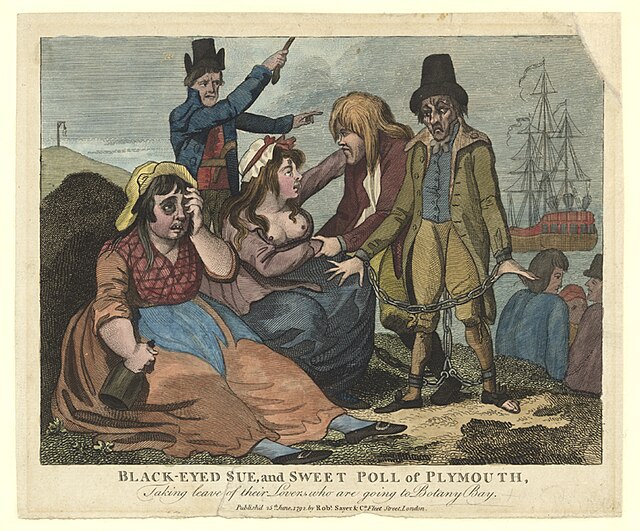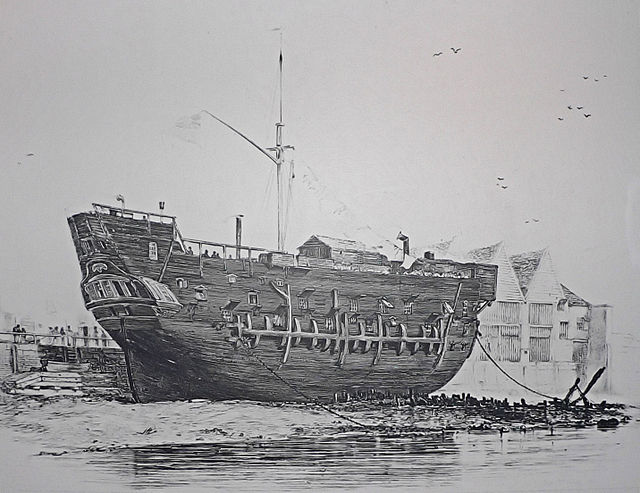Imprisonment or incarceration is the restraint of a person's liberty against their will. Imprisonment could be given for any cause whatsoever, whether by authority of the government, or by a person acting without such authority. In the latter case it is considered "false imprisonment". Imprisonment does not necessarily imply a place of confinement, with bolts and bars, but may be exercised by any use or display of force, lawfully or unlawfully, wherever displayed, even in the open street. People become prisoners, wherever they may be, by the mere word or touch of a duly authorized officer directed to that end. Usually, however, imprisonment is understood to imply actual confinement in a prison employed for the purpose according to the provisions of the law.
Antti Rannanjärvi and Antti Isotalo, the famous Finnish "puukkojunkkaris", imprisoned in 1869
A prison, also known as a jail, gaol, penitentiary, detention center, correction center, correctional facility, or remand center, is a facility where people are confined against their will and denied a variety of freedoms under the authority of the state, generally as punishment for various crimes. Authorities most commonly use prisons within a criminal-justice system: people charged with crimes may be imprisoned until their trial; those who have pled or been found guilty of crimes at trial may be sentenced to a specified period of imprisonment.
A 19th-century jail cell room at a Pennsylvania museum
A common punishment in Early Modern Europe was to be made a galley slave. The galley pictured here belonged to the Mediterranean fleet of Louis XIV, c. 1694.
Women in Plymouth, England (Black-eyed Sue and Sweet Poll) mourning their lovers who are soon to be transported to Botany Bay (1792)
The beached convict ship HMS Discovery at Deptford served as a convict hulk between 1818 and 1834.





